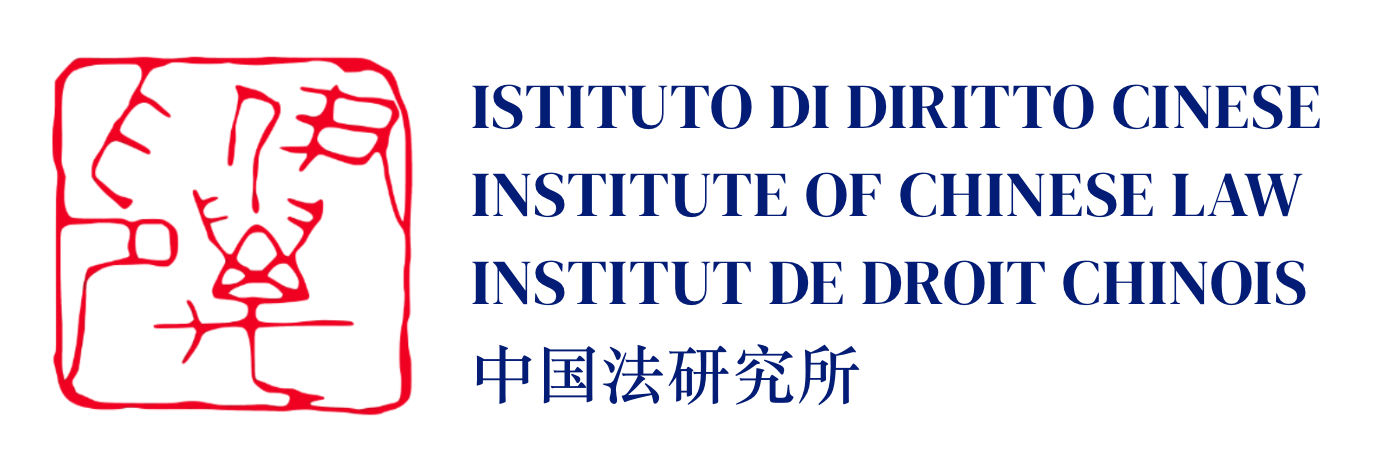
Autore: Taisu Zhang.
Taisu Zhang ties together cultural history, legal history, and institutional economics in The Laws and Economics of Confucianism: Kinship and Property in Pre-Industrial China and England (Cambridge University Press, 2017) and offers a novel argument as to why Chinese and English pre-industrial economic development went down different paths. Late Imperial and Republican China (1860-1949) was dominated of Neo-Confucian social hierarchies, under which advanced age and generational seniority were the primary determinants of sociopolitical status. This allowed many poor but senior individuals to possess status and political authority highly disproportionate to their wealth. In comparison, in the more individualistic early modern England (1500-1700) landed wealth was a fairly strict prerequisite for high status and authority. This essentially excluded low-income individuals from secular positions of prestige and leadership. Zhang argues that this social difference had major consequences for property institutions and agricultural production.
Dall’introduzione:
«The aim of the book is, in one sentence, to demonstrate a chain of causation between cultural norms, legal institutions, and macro-level economic outcomes in early modern pre-industrial China and England. It argues that the dominance of kinship networks in later Qing and Republican society (1860-1949), operating under broadly “Confucian” norms of social ranking, allowed many relatively poor individuals to possess status and political authority highly disproportionate to their wealth. Under these norms, advanced age and generational seniority were much stronger determinants of sociopolitical status than wealth. In comparison, landed wealth was a fairly strict prerequisite for high status and authority in the far more “individualistic” society of early modern England (specially 1500-1700), essentially excluding low-income individuals from secular positions of prestige and leadership. Directly reflecting the much higher sociopolitical clout of lower-income households in rural China, Chinese customary laws governing the selling and collateralizing of land protected their economic interests far more vigorously than comparable English institutions».

L’autore:
Taisu Zhang è professore associato di diritto a Yale Law School. Si occupa di storia comparata del diritto, in particolare di istituzioni economiche della Cina moderna e dell’Europa occidentale della prima modernità, diritto comparato, proprietà e diritto cinese contemporaneo. The Laws and Economics of Confucianism: Kinship and Property in Pre-Industrial China and England, è il suo primo libro. In forma di dissertazione ha vinto il premio Arthur and Mary Wright Dissertation Prize conferito da Yale University e il Kathryn T. Preyer Award conferito da American Society for Legal History. Taisu Zhang sta lavorando ad un secondo libro: The Ideological Foundations of the Qing Fiscal State. Ha pubblicato vari articoli su riviste scientifiche, su blog e quotidiani online.
Prima di arrivare a Yale, Zhang ha lavorato come professore associato a Duke University School of Law, ha insegnato a Brown University, Peking University Law School, Tsinghua University School of Law, e University of Hong Kong. Zhang ha studiato a Yale dove ha conseguito un B.A. in Storia e Matematica, un J.D. e un Ph.D. in History.
Ascolta il podcast di presentazione del libro con l’autore su New Books Network.
Informazioni generali:
T. Zhang, The Laws and Economics of Confucianism: Kinship and Property in Preindustrial China and England. Cambridge: Cambridge University Press, 2017.
Series: Cambridge Studies in Economics, Choice, and Society
Hardcover: 318 pages
Publisher: Cambridge University Press (October 12, 2017)
Language: English
ISBN-10: 1107141117
ISBN-13: 978-1107141117
